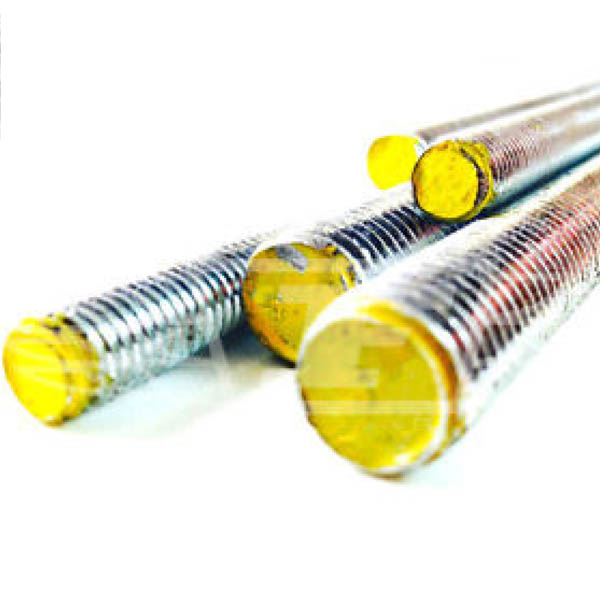As there is such a wide range of construction industry fasteners available, it is important to understand the different types and what they are best suited for. Here is some useful information about some of the most common varieties and some important factors you need to consider for your application.
What Are Fasteners?
Also known as mechanical fixings, fasteners are generally used for a non-permanent joint but there are some exceptions. For non-permanent joints, fasteners can be easily removed to dismantle the joint without damaging the other components or materials.
Types of Construction Fasteners
The main types are construction fasteners are:
Screws
Screws are commonly used in wood construction to position and hold objects together. They have a corkscrew-shaped ridge that is wrapped around a cylinder, topped with a head that comes in many different shapes.
Some screw head types include the flat head, the cross head, a hex head and a six-pointed star head. The ridge cuts through the material and creates the thread for the screw to fit into.
Nuts & Bolts
Nuts and bolts are both made from metal and commonly go together in tandem, but sometimes bolts can be used without nuts. Bolts will fit through a hole made in the chosen material; if the bolt has been precision cut for a specific hole, it will not need a nut.
When joining two materials together or the bolt has not been precision cut, then a nut is necessary. Nuts come in a variety of sizes and fit onto the thread of the bolt by using a socket wrench or a pair of pliers.
Rivets
As mentioned before, there are some fasteners that are used for permanent joints, this includes rivets. Rivets consist of a cylindrical thread with a smooth head on one end and is applied with either a manual or pneumatic hammer, or with a riveting machine. If the rivet has to be removed, a new rivet has to take its place as the old rivet cannot be reused.
Considerations When Choosing the Right Fastener for You
Now we’ve covered the most common types of fasteners, it is important to point out that there are many varieties within these categories. In order to find out which one would be right for your application, there are some questions you should ask yourself:
What Materials Are You Working With?
The type of material is important as the thickness and weight can have an impact on which fastener you choose. This refers to the length of the fastener, the type of head, and the amount of weight it can hold.
Which Thread Selection is Best for Me?
You need to choose between coarse (UNC) and fine (UNF) threads for your application in order to provide the best load handling characteristics. Coarse threads allow for quicker assembly compared to fine threads, but fine threads provide better thread engagement and greater tension in the connection.
What Material or Coating is Best for Me?
If your application is based in an environment where there is a risk of corrosion, it would be best to choose a corrosion resistant material for your fasteners.
What Other Environmental Factors Will Affect My Fasteners?
The level of vibration and the temperatures will have an impact on your choice of fastener; it will need to be able to maintain joints if there are vigorous vibrations, and the choice of material will be significant if it can handle extreme temperatures.


